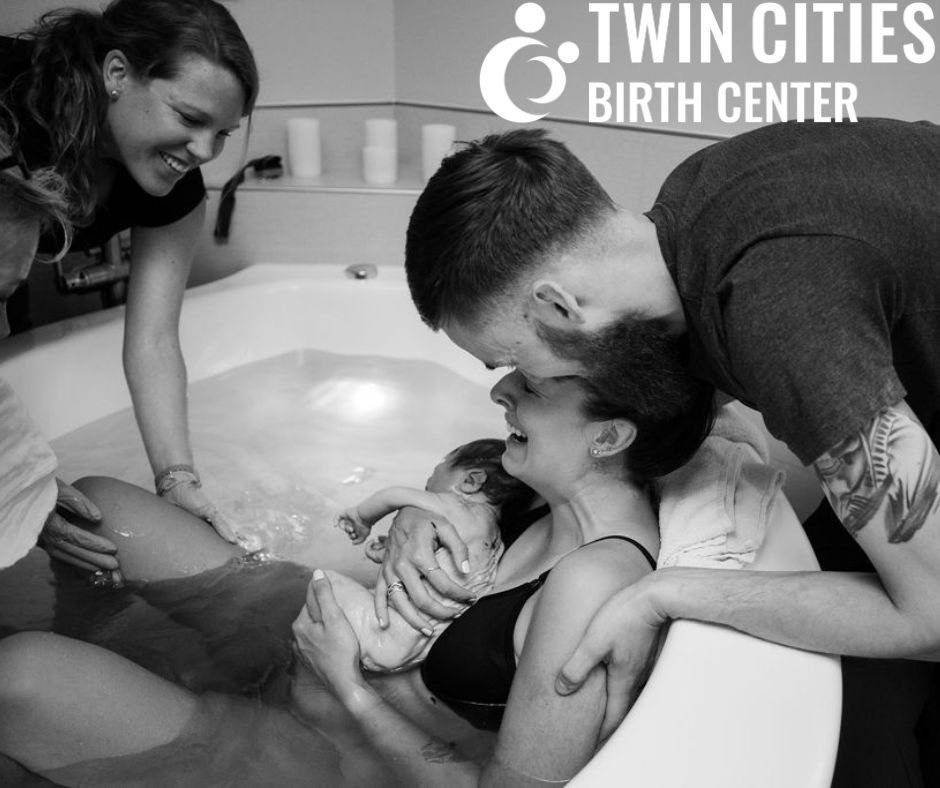Your Midwife questions, answered!
Expecting a baby is an exciting, natural life event, and choosing the right healthcare provider that aligns with your goals and values is essential.
Midwifery care is a beautiful option for well-woman care and low-risk maternity care. However, many people are still unaware of what midwives do and how they can benefit from them.
photo: www.allielauritson.com
Midwives 101: Everything You Need To Know
In this article, we'll answer your top questions about midwives and their services. By the end, you will better understand the role of midwives in modern healthcare and be able to make an informed decision about whether this option is right for your pregnancy journey.
What Is a Midwife?
The word midwife means “with woman,” and throughout history midwives have been caring for women. The midwifery philosophy is to view pregnancy and birth as normal life events, and their role is to support women during this healthy time in their lives.
What Does a Midwife Do?
Midwives offer health services to women through all stages of life, from the teenage years through menopause.
They provide a wide range of services, including:
Prenatal care
Labor and delivery support
Postpartum care
Midwives work closely with their clients and provide education and guidance on topics that range from nutrition and exercise to childbirth preparation. Simply put, midwives play a crucial role in promoting the health and well-being of pregnant women and their babies.
OB vs. Midwife: What's the Difference?
An obstetrician is a medical professional who specializes in high-risk pregnancies and surgical births. They typically work only in hospitals and do not attend waterbirths. On the other hand, a midwife specializes in low-risk pregnancies and physiological births, and can attend waterbirths.
Depending on their credentials, midwives can work in a hospital, freestanding birth center or homebirth setting.
Should I get a Midwife or an OB for my maternity care?
Choosing between an obstetrician and a midwife for maternity care is a personal decision that depends on your specific needs, preferences, and medical history.
OB-GYNs specialize in women's reproductive health and are trained to manage high-risk pregnancies and perform surgeries like Cesarean sections.
Midwives provide personalized care and support, using non-invasive techniques like massage, breathing exercises, and water therapy to manage pain and discomfort during labor.
Additionally, your individual circumstances and what type of care feels most comfortable to you will also help determine your decision.
Do midwives give epidurals?
A midwife can provide care to a pregnant person with an epidural, but an anesthesiologist is the one who places an epidural.
Epidurals can only happen in a hospital setting, and midwives traditionally support women through unmediated labor and birth.
Waterbirth and Birthing Positions on land
Because midwives specialize in physiological birth, they also specialize in waterbirth. Waterbirth is safe for most low-risk pregnant people.
In a hospital, it is most standard to give birth in a bed on your back, especially under the care of an OB, because this is the position they are most trained in.
A midwife, or most specifically out-of-hospital midwives, meets you where you are at during birth. You can typically birth in any position you prefer, in or out of a bed.
At what stage of pregnancy should I get a midwife?
It's recommended to start looking for a midwife as soon as you find out you're pregnant. It's important to find one you feel comfortable with and who can provide the type of care that you need.
Thank a Midwife!
Midwives provide exceptional care and support during childbirth. If you want to express your gratitude towards your midwife, give them a shout-out and let them know how much you appreciate their work.
You can also recognize their efforts on special occasions like the International Day of the Midwife (celebrated annually on May 5th).
Find a Midwife Near You
Midwives provide all of the care at Twin Cities Birth Center. We are fortunate to have a mixed practice of Certified Nurse Midwives and Certified Professional Midwives.


